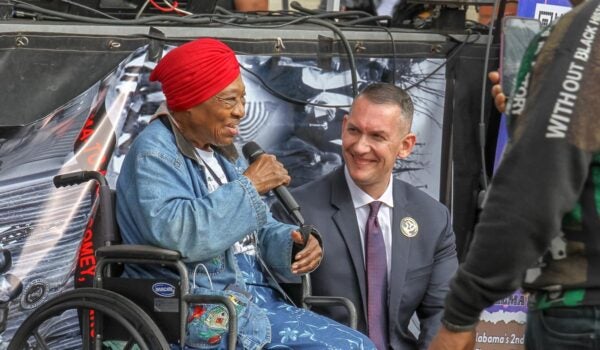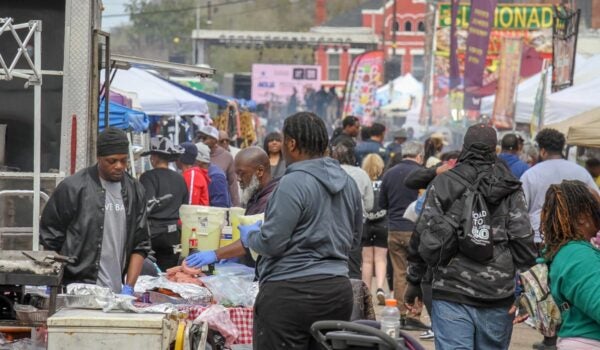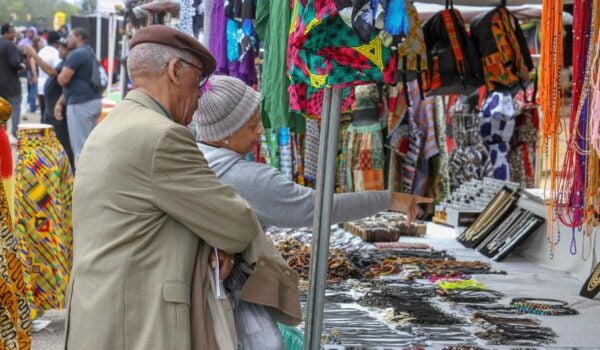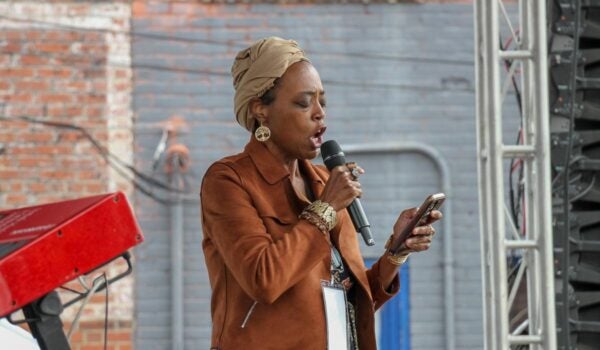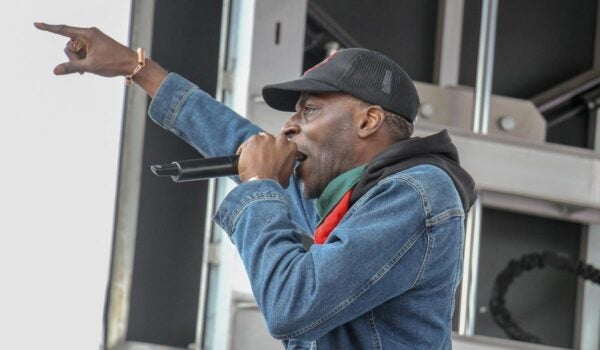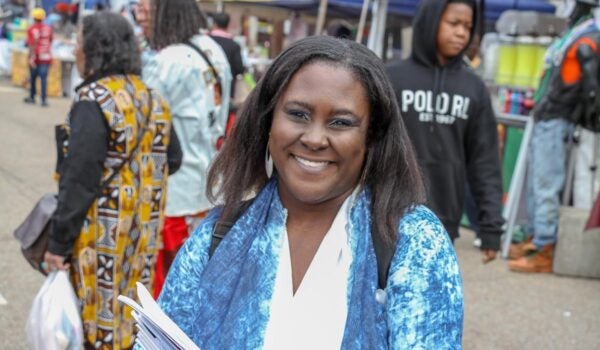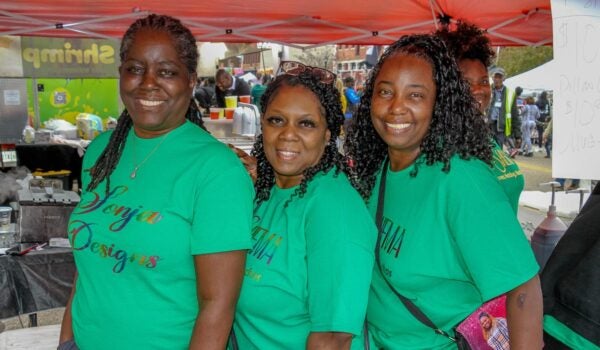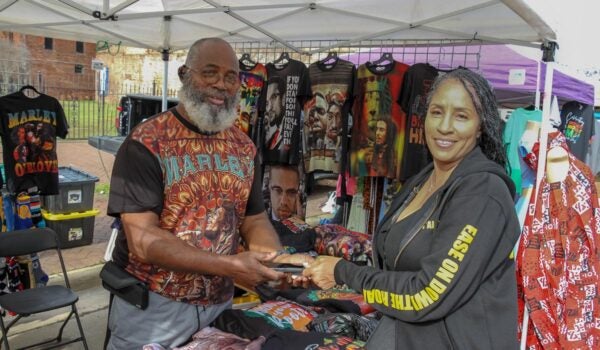Festival brings big crowds for vendors
Published 9:01 pm Saturday, March 2, 2024
|
Getting your Trinity Audio player ready...
|
The sun finally broke through the overcast skies on Saturday afternoon brightening the spirits of the festival attendees and vendors at the Selma Jubilee Street Festival.
Though the cooler cloudy weather hadn’t kept people away from the festival.
Gregory Jenkins came from Atlanta, Georgia, to bring his tent full of themed T-shirts and sweatshirts. This is his third year at the festival, and so far he was pleased with the crowd.
“I’m looking forward to a bigger crowd on Sunday,” Jenkins said, referring to the highly anticipated visit from Vice President Kamala Harris on Sunday.
The festival also attracted numerous local vendors as well. Angela Hunter, Cynthia Irby and Sonja Walker who run The Shema returned as a vendor for their sixth time.
“The people are what keeps us coming back every year along with the kinds of products we sell,” Hunter said of the T-shirts that line their tent for sale celebrating the 59th annual Jubilee. “And obviously, we love the atmosphere here. We’ve met so many great people over the years.”
In addition to the trying to sell, The Shema also enjoys being a part of what the festival represents.
“It’s a big deal for us,” Irby said. “It’s a big deal to be a part of history.”
Another vendor Iesha Shaw said she has been a regular attendee of the Jubilee all of her life, even before she was born. Shaw is now an author of children’s books, which she had for sale at the festival that hope to educate young readers about Black history.
She said it’s important to make the pilgrimage to Selma each year.
“I’ve been coming here for 32 years. My mom has been coming here for 50 years, and my grandma who’s 69 has been coming here ever since 1965,” Shaw said. “It’s important for me to keep coming here.”
Hunter said it’s important to make sure that the world continues to learn about what happened in Selma and across the country many years ago.
“It’s about learning what our parents and grandparents went through,” Hunter said.


